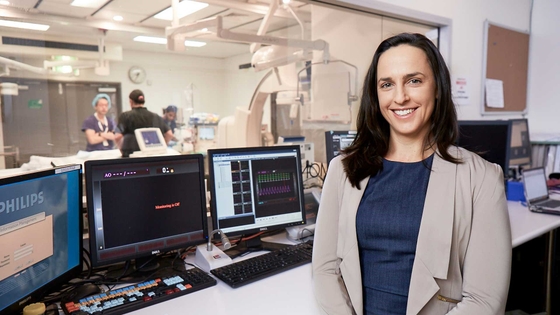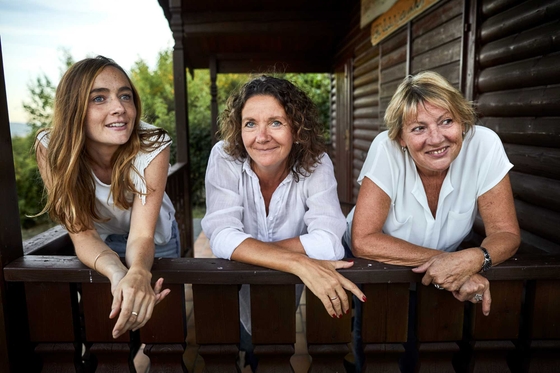Improving care of heart disease in women
Associate Professor Sarah Zaman, University of Sydney
2023 Future Leader Fellowship - Level 2
Years funded: 2024 - 2028
My research is designed to improve cardiovascular health for women. The reason for the focus on women is that there are currently global gaps in care, such as lower use of preventive medications and time delays in heart attack diagnosis.
The reason for this gender gap is partly bias, but biological differences play a key role: such as female specific risk factors for heart disease (e.g. early onset menopause, pregnancy related high blood pressure) and heart attacks that predominantly affect women (such as spontaneous coronary dissection).
My work will investigate if a CT scan of the heart can improve prevention of heart disease in women with female specific risk factors. I will provide world-first information on the types of blood thinners that should be used to treat spontaneous coronary dissection (affecting a ~90% female population).
The findings will be used to improve healthy lifespan for women through prevention of heart attacks, stroke and death.
You might also be interested in...

Q&A with Associate Professor Sarah Zaman
Professor Zaman's research focuses on women and heart disease, preventing sudden cardiac death in people who have survived a heart attack, and preventing heart disease and its complications.

Improving screening and management of women with cardiometabolic conditions during pregnancy
Certain pregnancy related-conditions indicate an increased risk of heart disease later in life for women.

Women and heart disease
Almost every hour of every day an Australian woman dies of coronary heart disease. On average that equates to 20 women a day.1
Last updated20 May 2024
Last reviewed12 March 2024